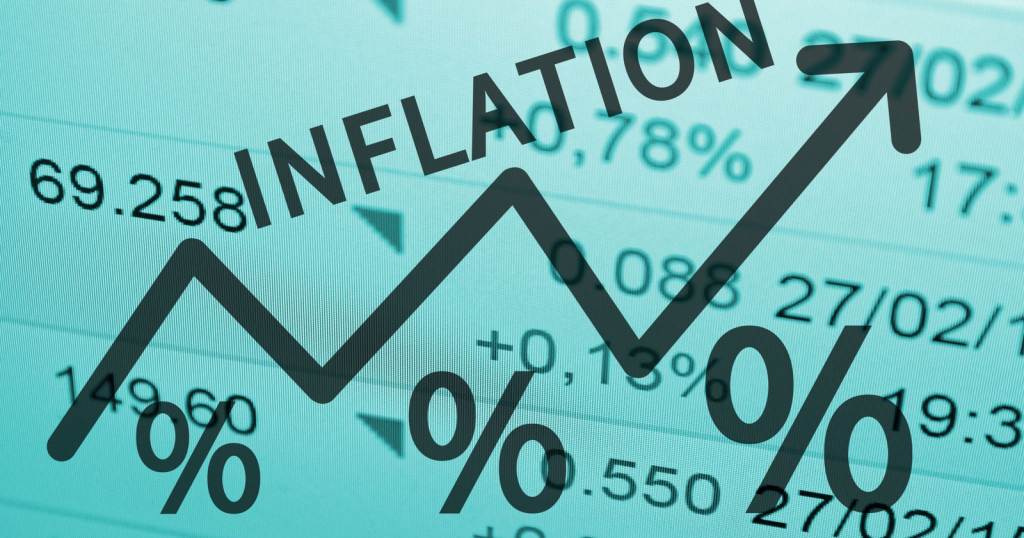Low inflation is a ‘pipe dream’ amid ongoing deglobalisation, warns the CEO of one of the world’s largest independent financial advisory and asset management organizations.
The comments by deVere Group’s Nigel Green come as major economies are releasing their latest inflation reports.
US inflation rose by 3.1% – more than expected in January due to stubbornly high shelter prices, and UK inflation held steady at 4% year-on-year in January on the back of easing prices for furniture and household goods, food and non-alcoholic beverages.
He comments: “Inflation is clearly on a slow downward trajectory following the multi-decade highs which forced central banks around the world to rollout their most aggressive rate hiking agendas in generations.
“However, we think it’s unrealistic that inflation will go as low as many people are expecting due to ongoing deglobalization.”
One of the primary arguments supporting the belief in low inflation amid deglobalization revolves around the idea that reshoring and shortening supply chains lead to increased efficiency, subsequently lowering production costs.
“While this concept sounds plausible in theory, the reality on the ground tells a different story.
“Consider the elevated shipping costs as a result of ongoing tensions in the Red Sea. This could impede the global fight against inflation, according to the OECD.
“The Paris-based group estimates that the recent 100% rise in seaborne freight rates could increase import price inflation across its 38 member countries by nearly 5 percentage points if they persist.
“This incident highlights the vulnerability of localized supply chains. The disruption causes delays in the transportation of goods, leading to shortages and pushing prices higher. If anything, this serves as a stark reminder that even localised events can have far-reaching effects on global supply chains, contradicting the narrative of efficiency gains and lower costs associated with deglobalization.”
Similarly, the ongoing semiconductor shortage has shaken industries worldwide, from automotive manufacturing to consumer electronics.
Far from being an isolated incident, it exemplifies the intricate web of dependencies that characterise the global economy. “The shortage has led to increased prices for a wide range of goods, again challenging the assumption that deglobalization will automatically lead to cost reductions and, consequently, low inflation.”
In addition, the imposition of tariffs and trade barriers as part of deglobalisation strategies is exerting upward pressure on prices.
“These measures, designed to protect domestic industries, usually translate into higher costs for imported goods. The impact of such policies on inflation cannot be understated, as consumers end up shouldering the burden of increased prices.”
Last month, Tesla CEO Elon Musk called for the US to impose tariffs on Chinese electric vehicles. Chinese car companies were the “most competitive” and “will have significant success outside of China, depending on what kind of tariffs or trade barriers are established,” Musk said on a post-earnings call with analysts.
“If there are no trade barriers established, they will pretty much demolish most other car companies in the world,” he said.
Nigel Green says: “As long as deglobalization remains a worldwide trend – and indeed it appears to be building momentum – low or normalized inflation appears to be a pipe dream.
“Investors need to position their portfolios to reflect the nuanced but critical impact deglobalization has on their wealth.”









